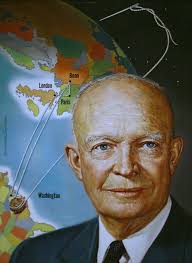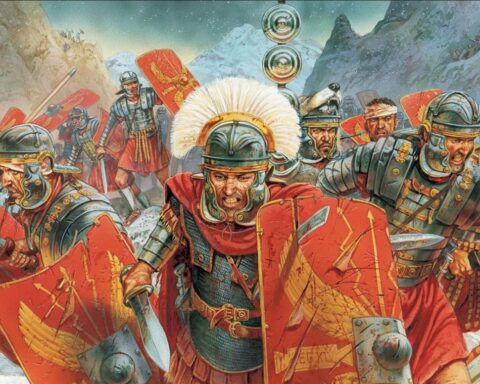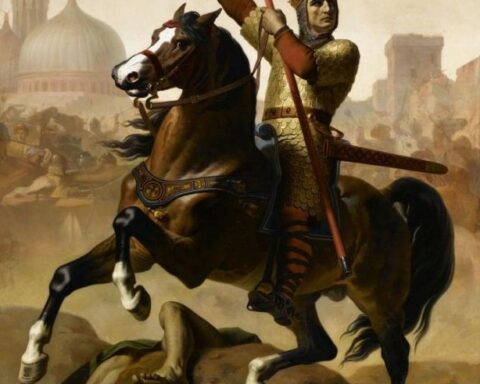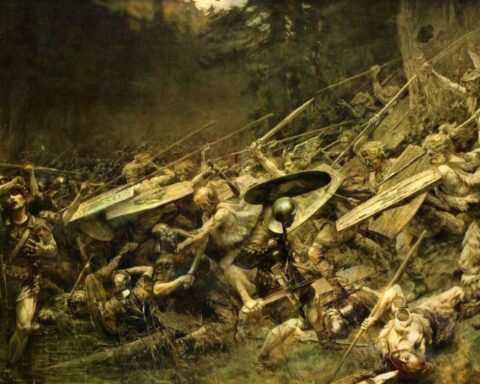Editor’s Note: While primarily remembered for his references to the “military-industrial complex,” President Dwight D. Eisenhower’s farewell address actually covered several other relevant topics. He argued, for example, that “…we – you and I, and our government – must avoid the impulse to live only for today, plundering for, for our own ease and convenience, the precious resources of tomorrow. We cannot mortgage the material assets of our grandchildren without asking the loss also of their political and spiritual heritage.” Below, find the speech in its entirety. It is worthy of the sixteen minutes it takes to watch.
UPDATE: Thanks to Heron, in the comments, we have a link to the transcript of the speech. If you would prefer to read, rather than watch, then you may click here.








Ike had his issues, Progressive Republicans are just cost-conscious Socialists-Lite, but he knocked it out of the park in this speech.
Too bad America didn’t listen to him.
There’s a transcript at https://www.ourdocuments.gov/doc.php?flash=true&doc=90&page=transcript
That was a great speech, and thanks for sharing it here. This is the kind of rhetoric I always wished for from an American president. The total opposite of what we ever got from BHO.
Note well his comments just after those so often repeated about the military-industrial complex about the government-scientific complex.
Global Climate Change, anyone?
That, low-fat diets, gender, race… The list goes on. Here is a good article on what that has wrought.